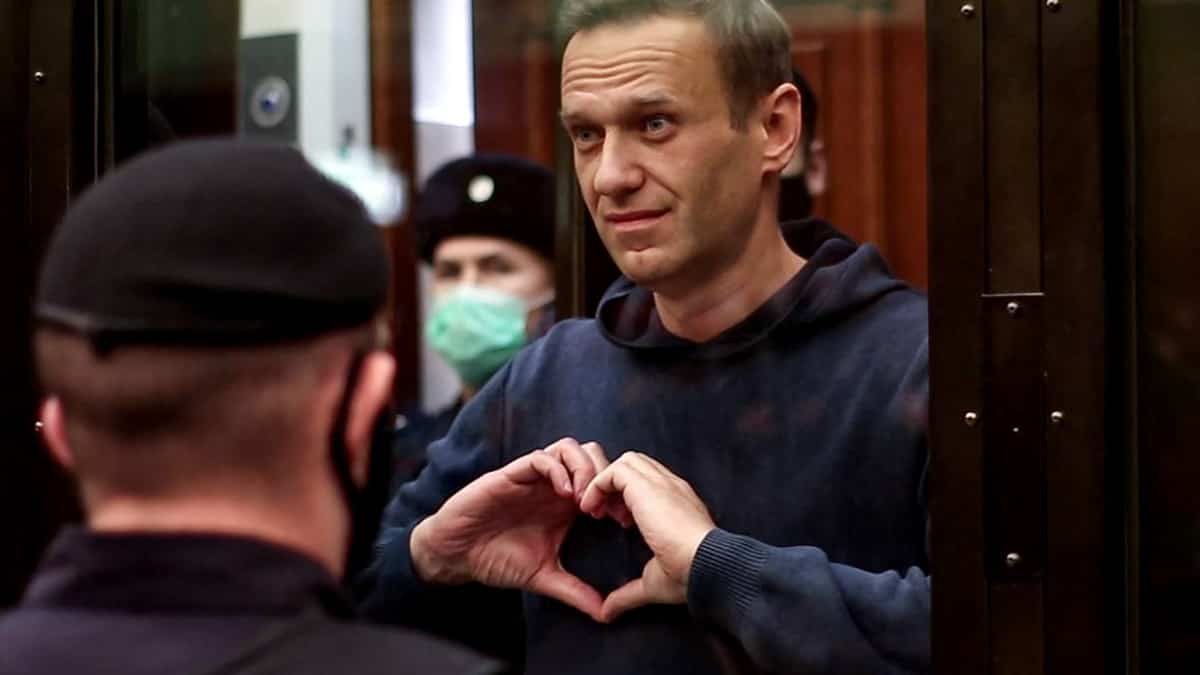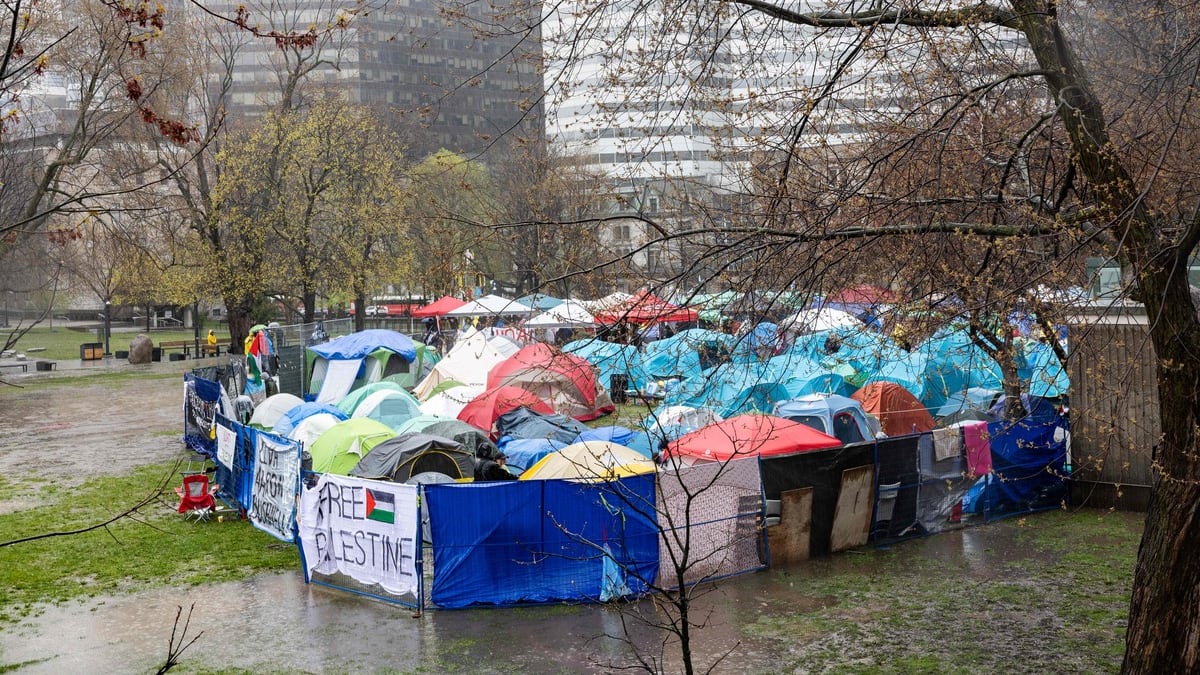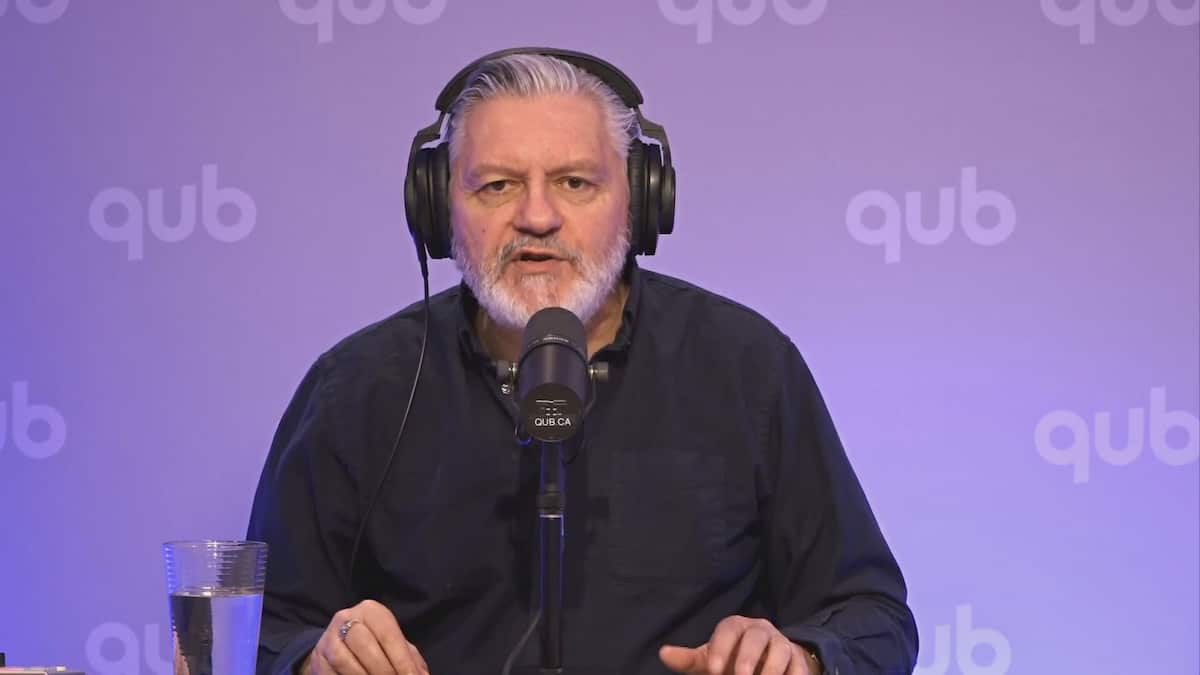
He was poisoned, imprisoned, convicted, and died in prison. Alexei Navalny paid with his life for his struggle against Vladimir Putin, tirelessly denouncing repression and corruption in his regime, as well as the attack on Ukraine.
• Read also: Russian opposition figure Alexei Navalny dies in prison at the age of 47
He has been imprisoned since January 2021, and last August, he was sentenced to prison again: 19 years on charges of “extremism,” to be spent in one of the harshest institutions in the Russian prison system.
He was transferred at the end of 2023 to a remote penal colony in the Arctic, which announced his death on Friday.
The tall, blond man with piercing blue eyes, 47, looked thin and old during a recent remote broadcast of the final hearings in which he participated, the last way to see him.
His 2020 poisoning, hunger strikes, and repeated stays in solitary confinement have taken a physical toll on him.
But prison did not weaken his resolve.
During the hearings and in messages broadcast by his lawyers, he continued to insult Vladimir Putin, whom he described as “a grandfather hiding in a basement.”
During his trial on charges of “extremism” in early August 2023, he denounced “the stupidest and most senseless war of the 21st century,” referring to the Russian attack on Ukraine.
In his online messages, he mocked the bullying suffered by the prison administration. In particular, it forced him to listen, day after day, to the same speech given by Vladimir Putin: “But it's not as if he gave a few!”
Alexei Navalny also tried to show his support for his comrades in distress, who were imprisoned as a result of the repression, denouncing the “fascist” Russian justice system.
From abroad, its teams continue to broadcast investigations into the enrichment of political elites, some of whom directly benefit from the conflict in Ukraine.
The opponent also always tried to show a certain amount of optimism. “I know that the darkness will disappear, that we will prevail, and that Russia will become a peaceful, bright and happy country,” he wrote in June 2023.
Within a dozen years, the lawyer Navalny, who had flirted with nationalism for a while, had established himself as the leading critic of Mr. Putin and his “party of thieves and crooks,” as he called it.
He first made himself known by cooperating in organizing large opposition demonstrations in 2011 and 2012, which were eventually suppressed. In 2013, he came in second place in Moscow's municipal elections, a strong run that cemented his notoriety.
Harassed by authorities and ignored by state media, Alexei Navalny built his notoriety during the 2000s, broadcasting widely circulated video investigations denouncing Russian state corruption.
On the contrary, Vladimir Putin refuses to even say his name.
Mr. Navalny has built a base among Russia's urban, connected youth, but his popularity nationally and across generations remains very limited.
Among critics of Russian power, some still criticize him for flirting with the far right or being vague about Russia's 2014 annexation of Ukraine's Crimean peninsula.
But his case became an issue for all opponents, NGOs and Westerners when he was poisoned in August 2020 in Siberia, in the middle of a regional election campaign.
He was on the verge of death, and was transferred to Germany to receive treatment with the approval of the Kremlin.
Recovered and free from intimidation, Navalny made a strong comeback in December 2020 by cornering a Russian agent who admitted by phone that his poisoning was indeed the work of the secret services.
Meanwhile, he rejected any idea of exile and returned to Russia on 17 January 2021, confident that he would be arrested there. Immediately upon his arrival at the airport, he was arrested in front of the world's cameras.
Two days later, the opponent pulled off another brilliant coup. In a new video investigation, Vladimir Putin has been accused of building a crazy luxury palace on the Black Sea. The impact is so great that the Russian president must personally take responsibility for the rejection.
But these successes and the case of his poisoning did not succeed in mobilizing crowds in Russia, where the demonstrations were quickly suppressed.
The authorities seemed determined to make life impossible for the opponent, who in turn said he was determined never to surrender.
“I will not be silent and I hope that everyone who hears me will not be silent,” he said in court in September 2022, after spending 12 days in solitary confinement for condemning the Russian attack on Ukraine.






